MD Stem Cells
How to Keep Your Glasses from Fogging Up in the Cold
You Don't Have to Put Up With the Fog
Ask any glasses wearer about the inconvenience of fogged-up lenses in the winter, and they'll rattle off a laundry list of complaints, ranging from the minor inconveniences of walking into a warm cafe on a cold day to the more dangerous hazards of fogged-out glasses while driving.
Glasses can easily fog up in the winter due to the temperature difference between the warm air inside and the cold air outside. This can be particularly annoying for people who rely on glasses for their daily activities. It’s a headache, to be sure; however, there are several ways to prevent or reduce fogging during the long winter months.
Let’s take a look at some of the ways that you can overcome this seasonal grievance and live a fog-free life.
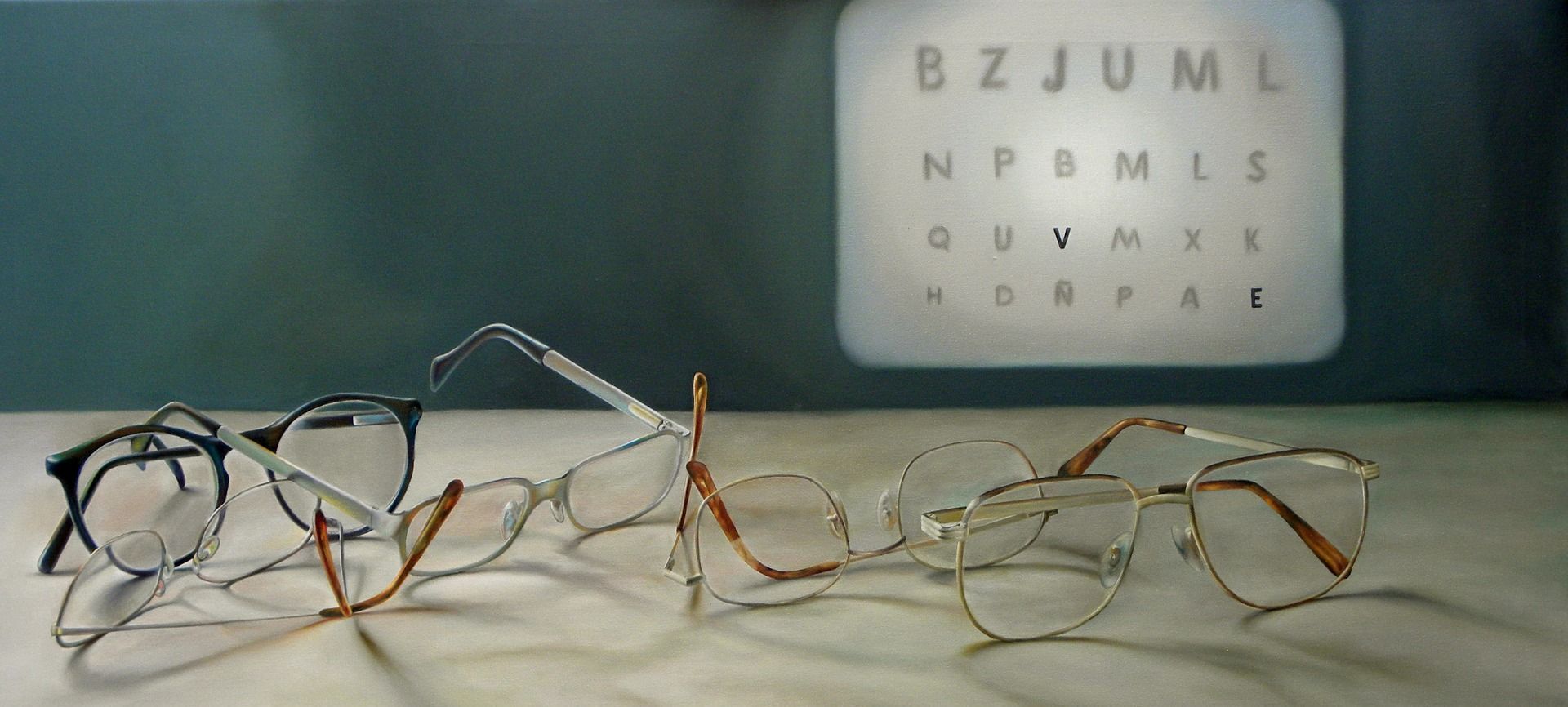
Adjust the fit of your glasses
If your glasses are too loose, warm air can escape from the top of the frames and fog up the lenses.
Properly fitting glasses should sit comfortably on your nose, with the lenses in front of your eyes and the temples (arms) resting gently on your ears. The top of the frames should follow the brow line, while the bottom of the frames should rest just above your cheeks without touching them. The distance between the lenses should match the distance between your eyes, and the frame should be wide enough to avoid putting pressure on the sides of your head. The nose pads should be adjusted to keep the glasses from sliding down your nose, while the temple tips should rest comfortably behind your ears without being too tight or too loose. A good fit is important not only for avoiding fog, but also for optimal vision and to prevent headaches or other discomforts caused by ill-fitting glasses.
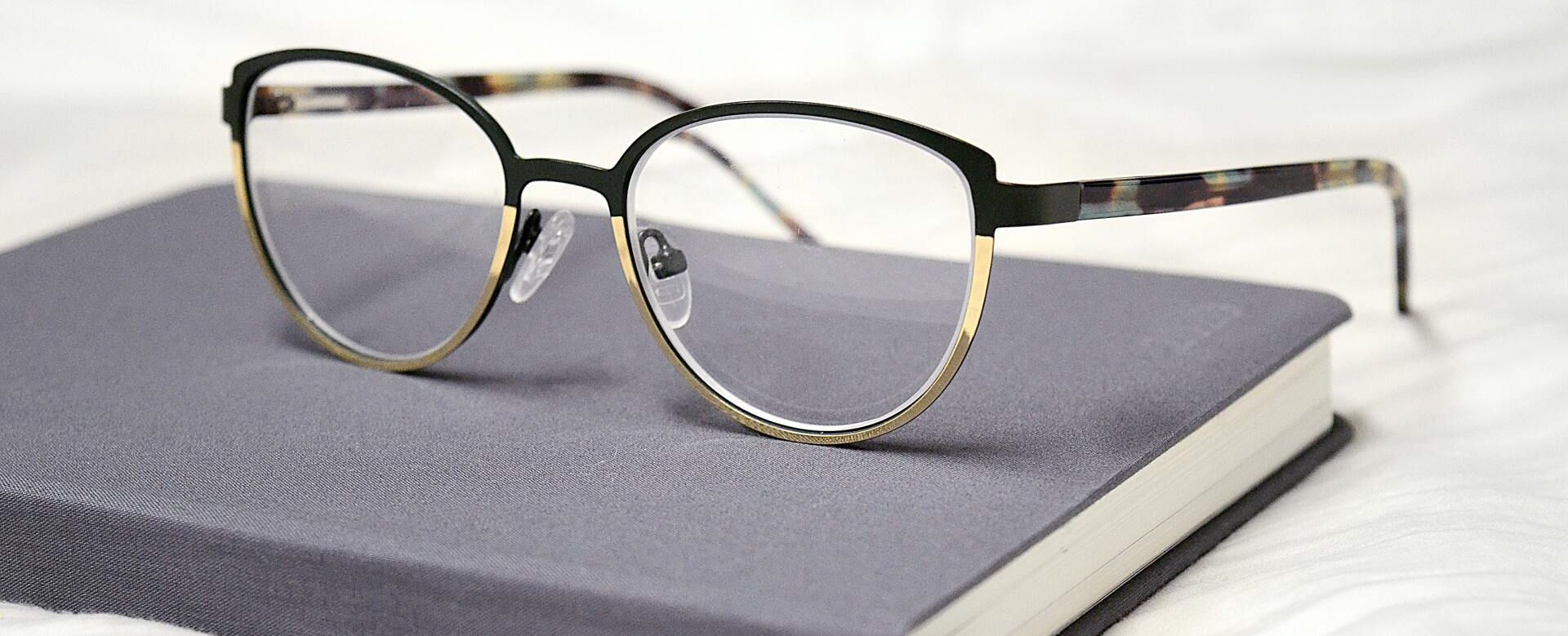
Use anti-fog products
There are
several products available that can help prevent fogging, such as anti-fog sprays, wipes, or gels. Anti-fogging products for glasses work by creating a thin film on the lenses that prevents moisture from condensing. When warm air meets a cooler surface, such as the lenses of glasses in cold weather, it can cause condensation or fogging. Anti-fogging products create a
hydrophilic layer on the lenses that attracts moisture and spreads it out evenly, preventing it from forming into visible droplets that can impair vision. Some products also contain a surfactant that helps to lower the surface tension of the water droplets, making them less likely to form into fog.
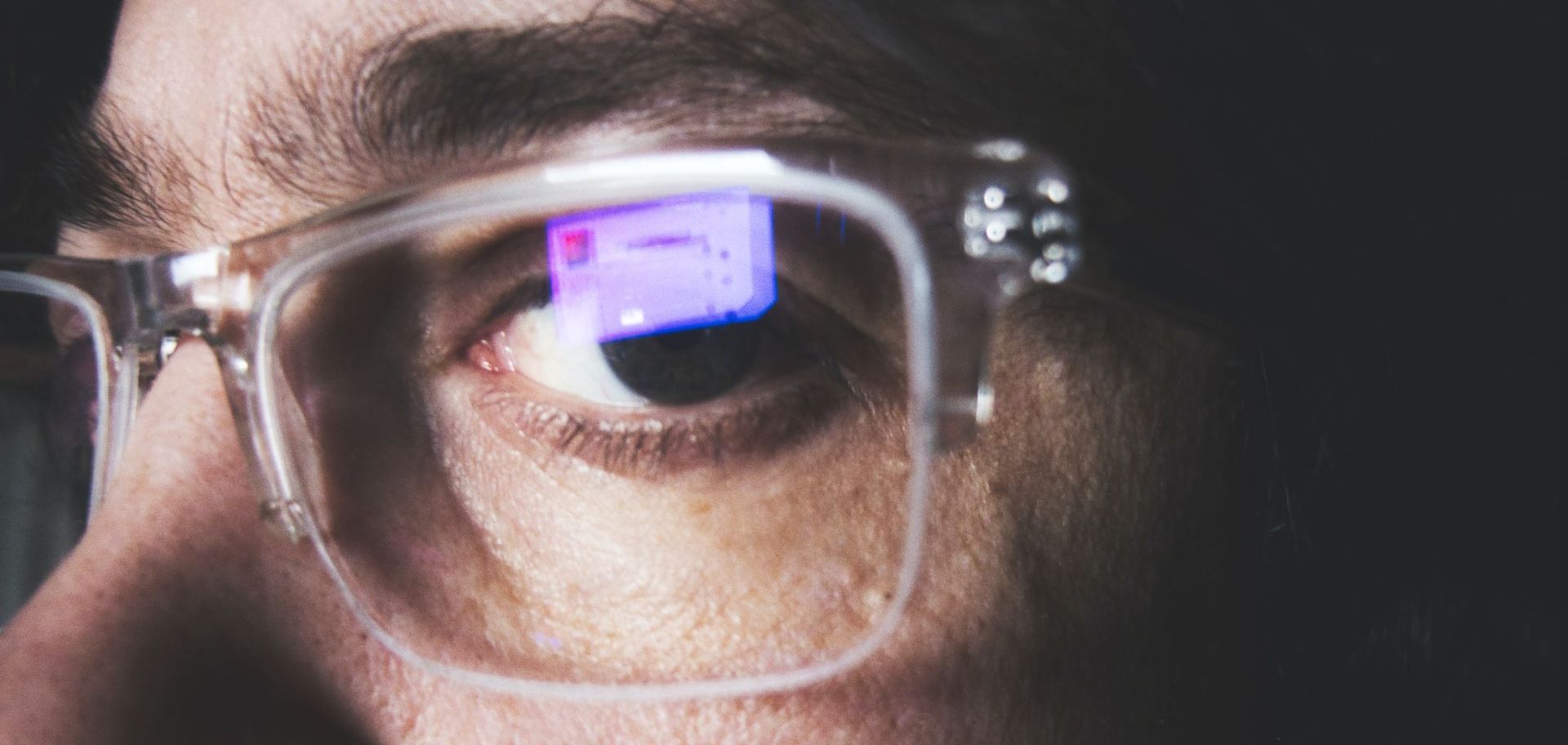
Give them a rinse
Another simple DIY solution is to wash your glasses with soap and water, and then let them air-dry or gently wipe them with a soft cloth.
Rinsing glasses with soap and water creates a thin layer of soap on the lenses that helps to prevent fogging by reducing the surface tension of the water droplets that would otherwise condense on the glasses. This allows the moisture to spread out evenly over the lenses, preventing it from forming into visible droplets that can impair vision.

Make sure your mask fits right
Nearly all glasses wearers had to figure out this trick for themselves during the early days of the pandemic. When a mask is needed,
a correctly fitting mask can prevent glasses from fogging by reducing the amount of warm air that escapes from the top of the mask and comes into contact with the lenses. Your mask should fit snugly around the nose and cheeks to help create a seal that directs warm air downward and away from the glasses. A mask with a nose wire or adjustable nose piece can also help create a better seal and prevent air from escaping around the top of the mask. By directing warm air away from the glasses, a properly fitting mask can help prevent moisture from condensing on the lenses and causing fogging.
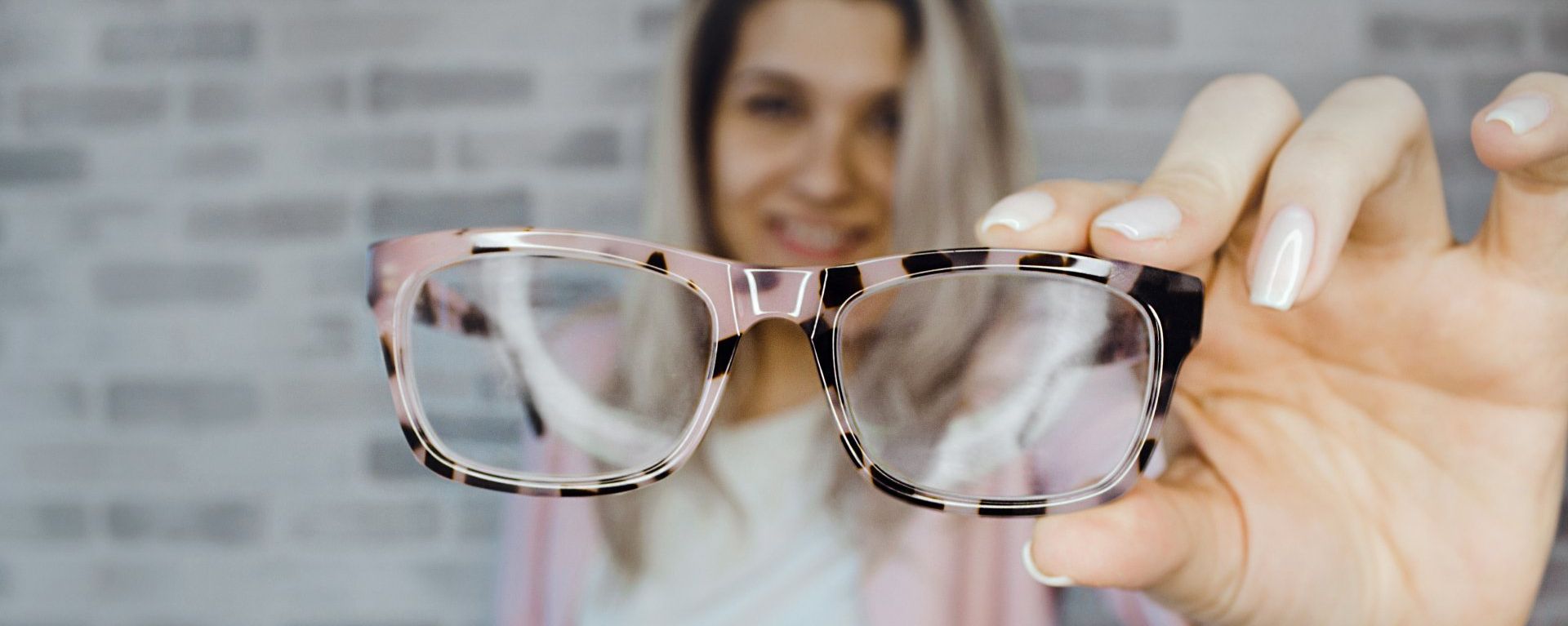
Keep your glasses warm
As simple as it sounds, keeping glasses warm reduces the temperature difference between the lenses and the surrounding air, which can prevent warm, moist air from condensing on the glasses and causing fogging. By keeping the lenses at a similar temperature to the surrounding air, there is less of a temperature difference for the air to condense on the lenses. You can do this by keeping your glasses in a warm place, such as a pocket or inside your jacket when you’re not using them.
It might take some trial and error to figure out which of these methods (or a combination thereof!) works best for you. If you need any additional pointers or you’re interested in getting a new pair that will work perfectly for you, please don’t hesitate to get in touch with us today!




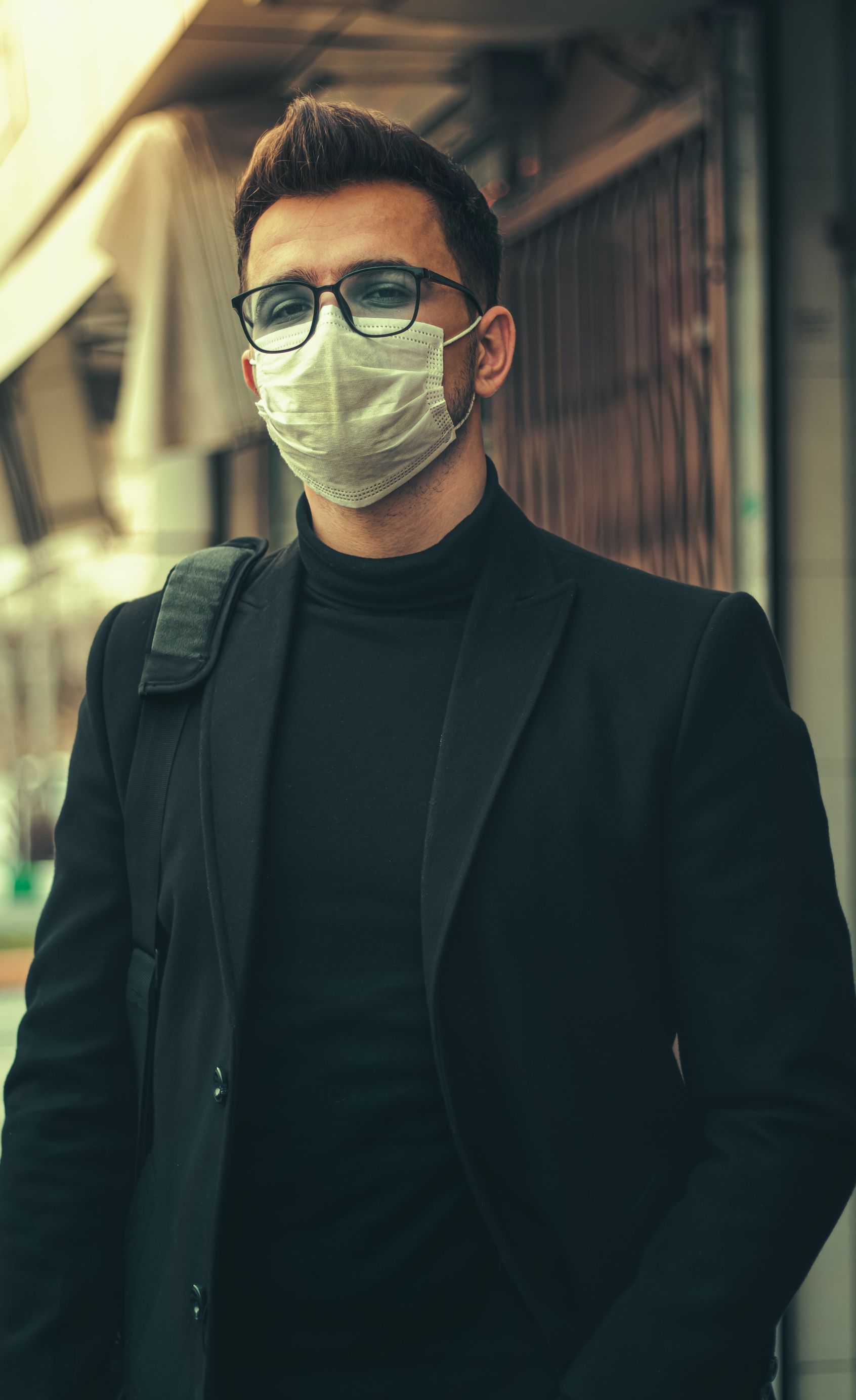
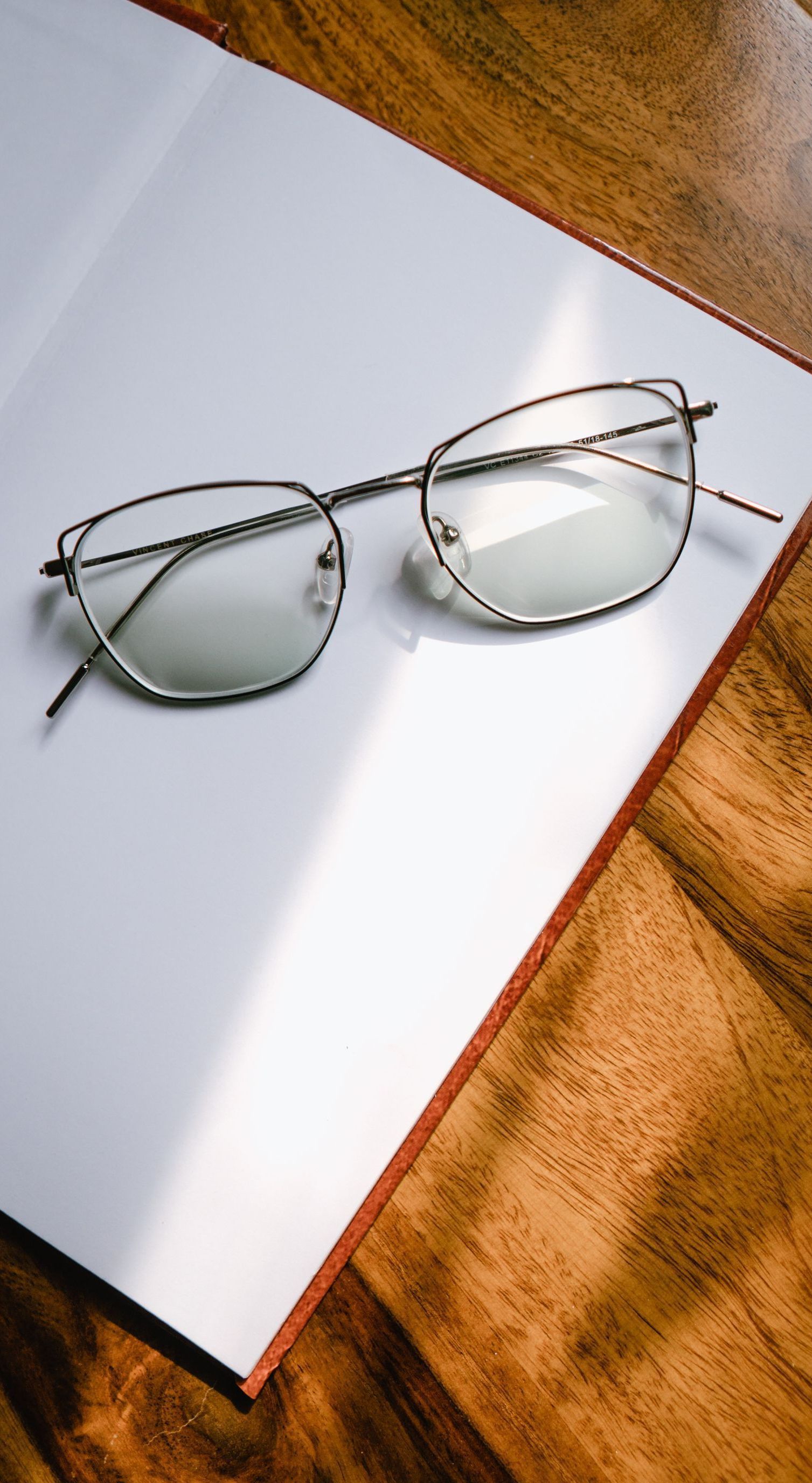


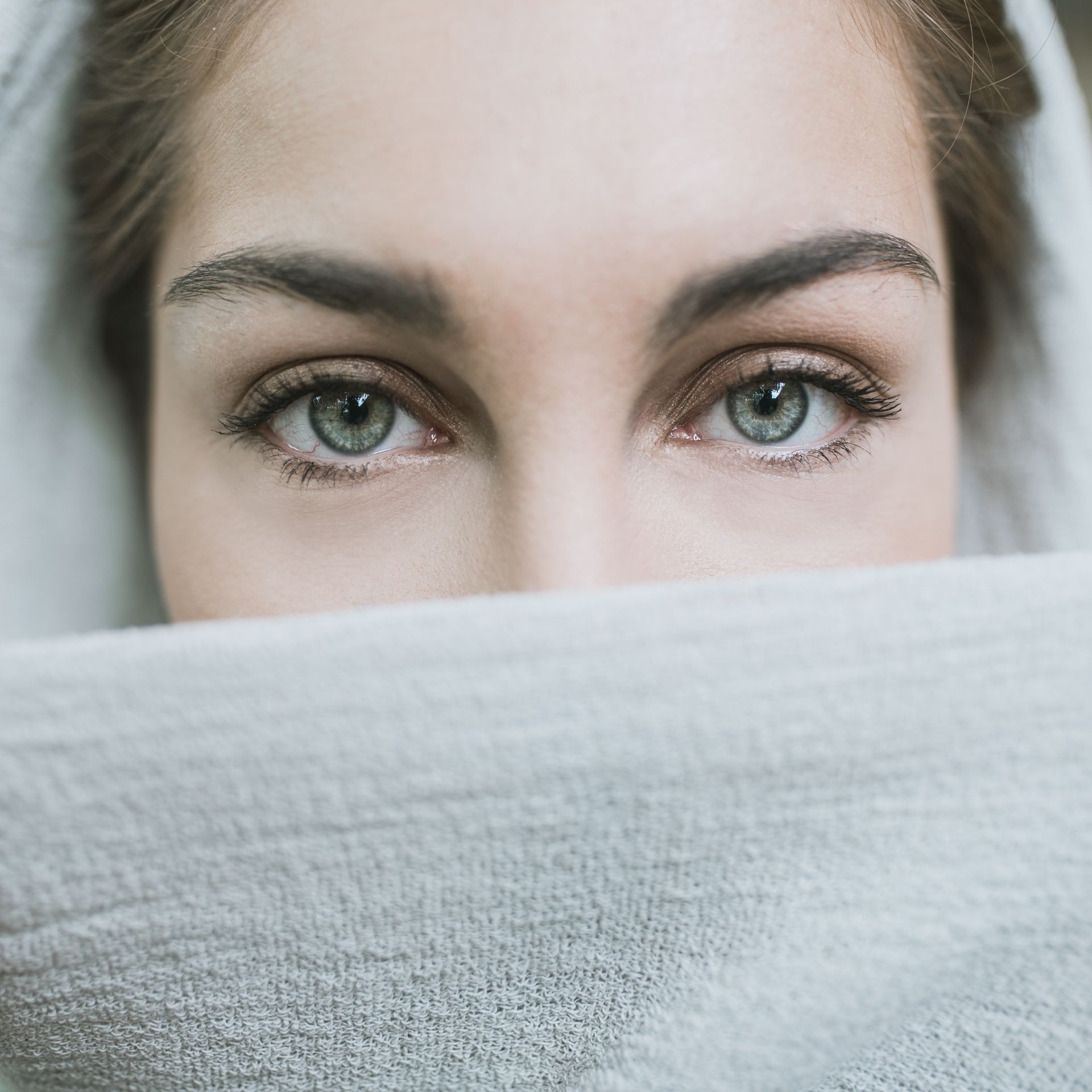
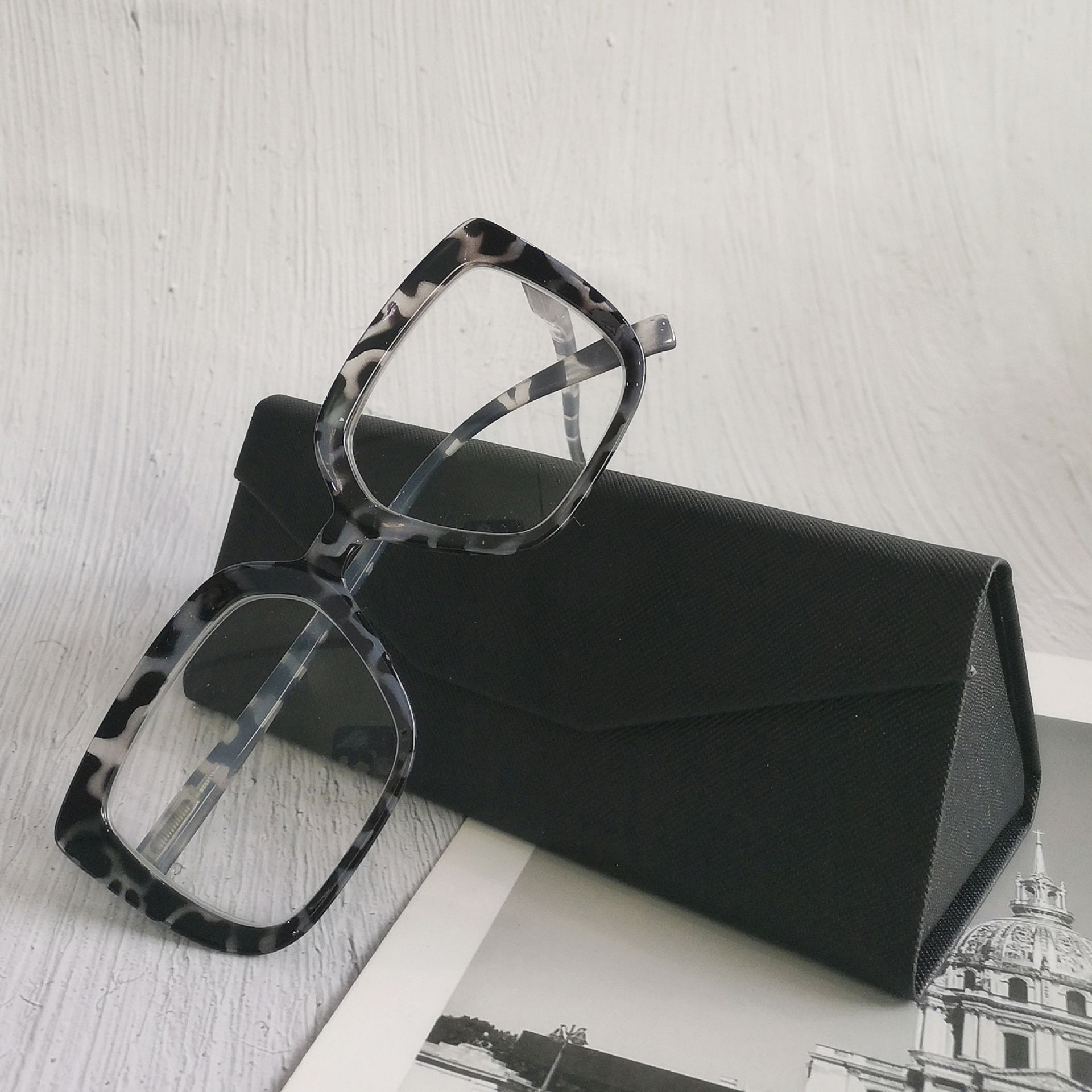


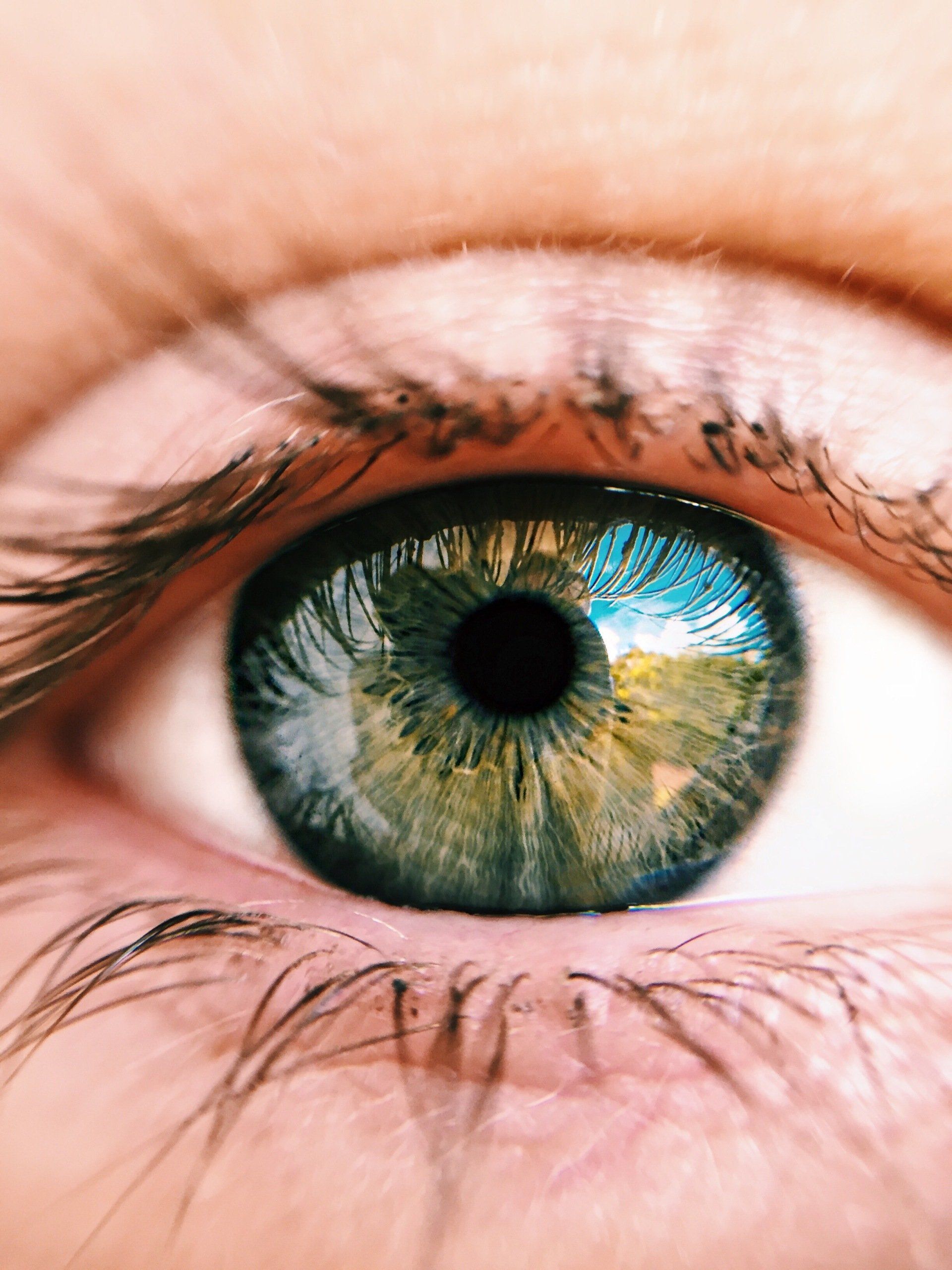
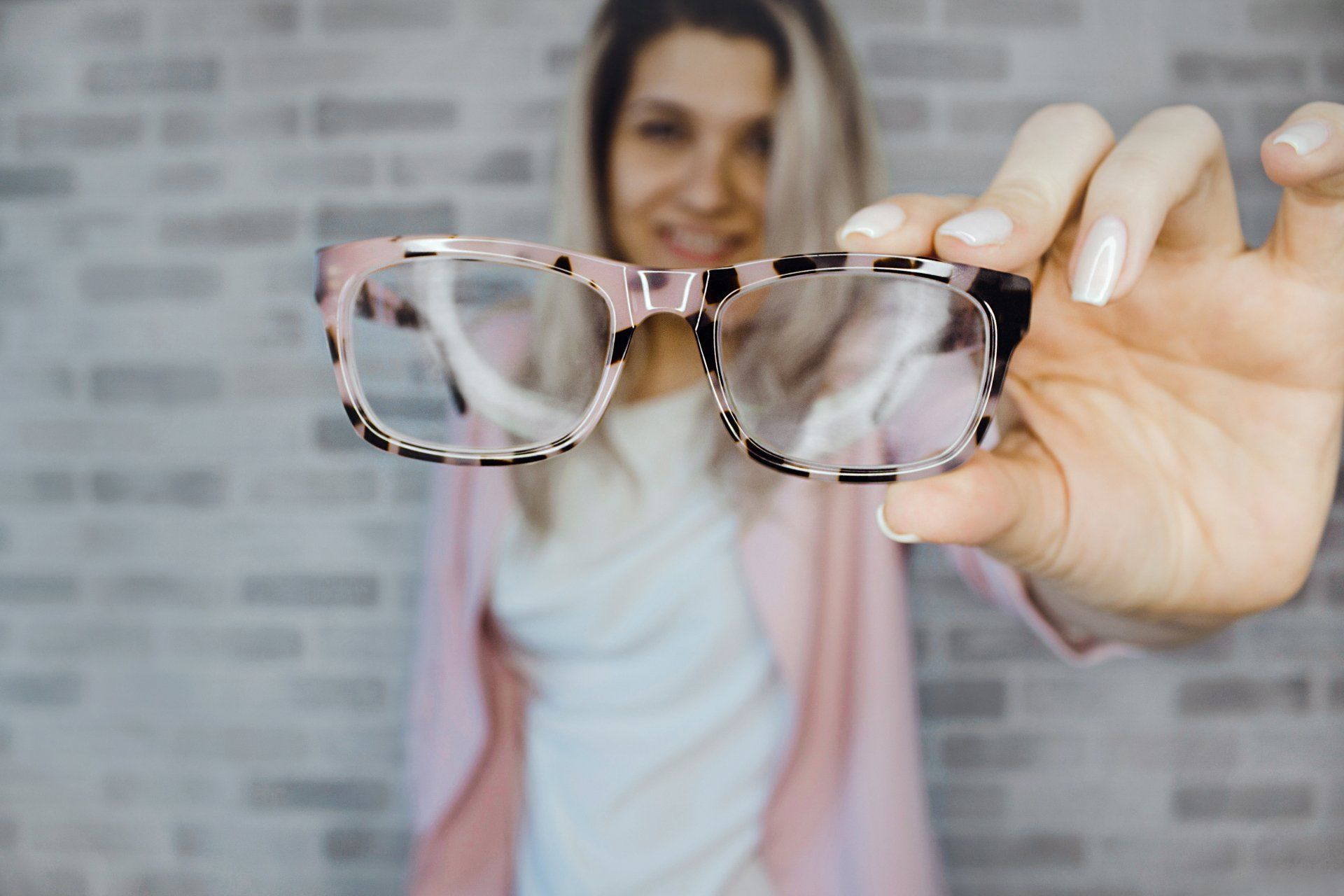

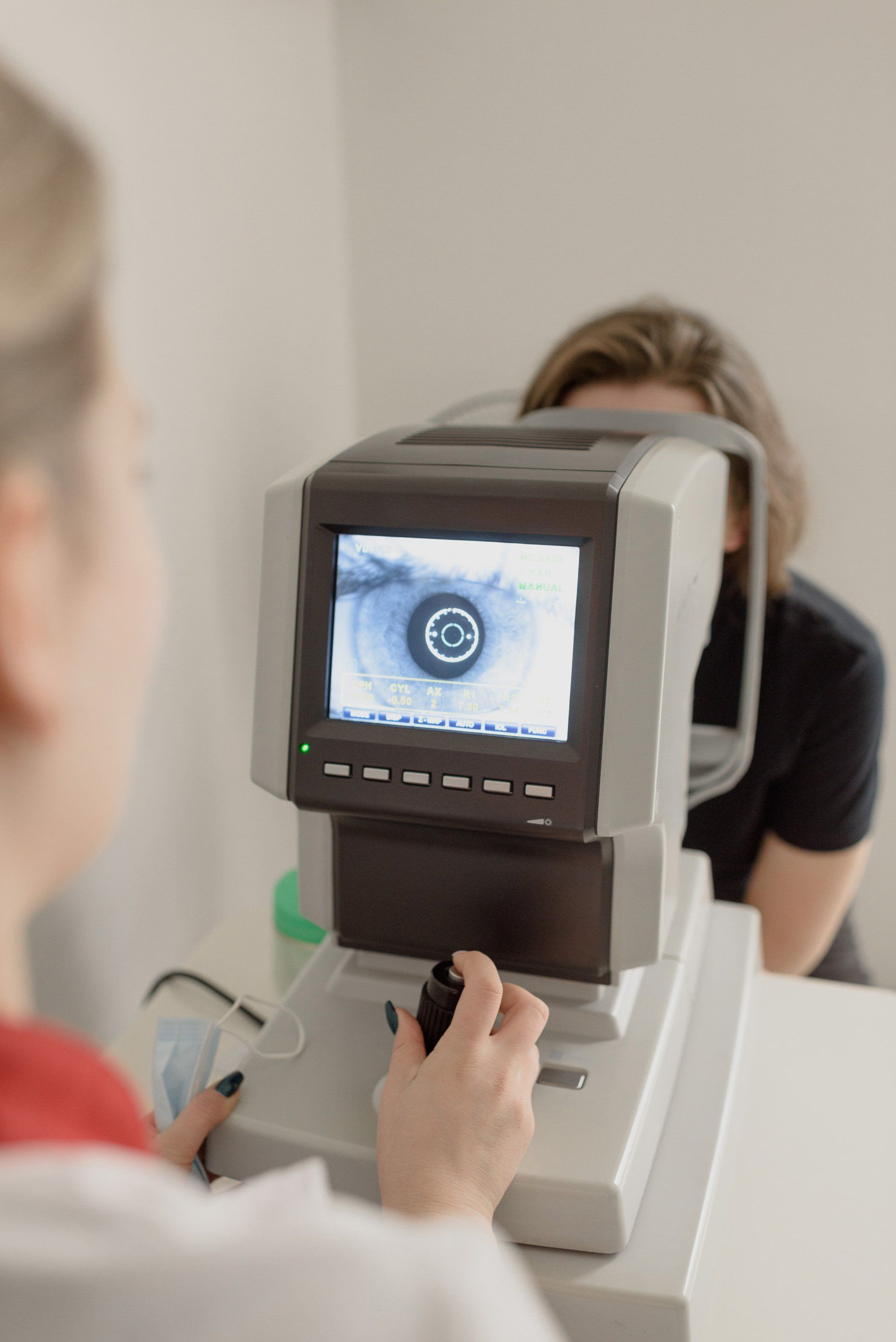










All Rights Reserved | MD Stem Cells
Treatment Locations
Coral Springs, FL
Dubai, UAE
Administrative Office
Westport, CT
Fax:
203-571-1418